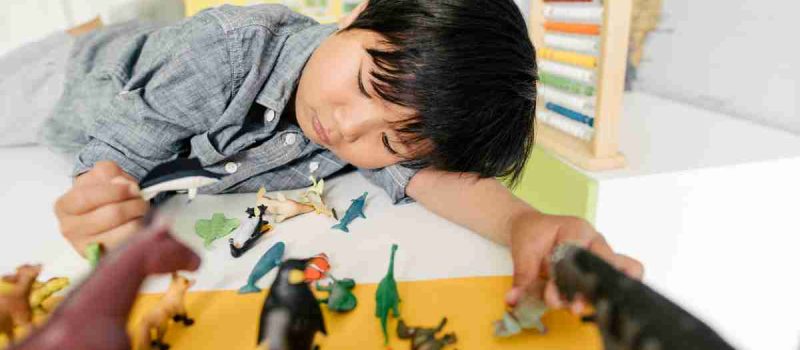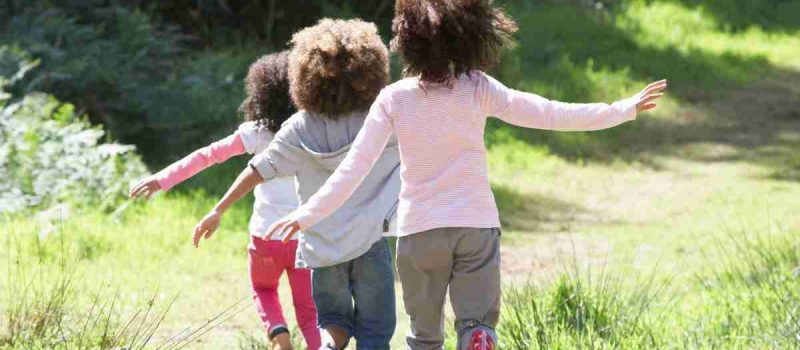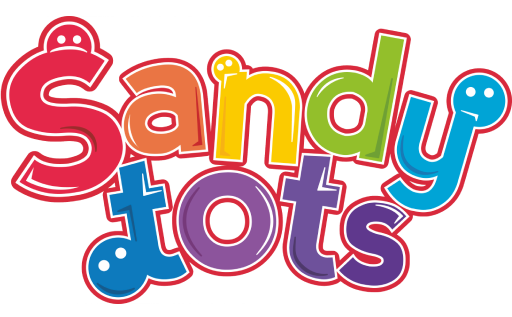
We’ve all been there: your child is screaming in the supermarket because you said no to a dog toy – even though you don’t even own a dog. Or they burst into tears because you handed them the wrong coloured cup.
These frustrating and baffling outbursts can be hard for both of you to cope with; but it is a normal stage of development until they begin to self-regulate their emotions.
In this blog we’ll explore why self-regulation matters and how you can help your child to develop this crucial skill.

What is Self-Regulation?
According to Birth to 5 Matters:
‘Self-regulation involves children’s developing ability to regulate their emotions, thoughts and behaviour to enable them to act in positive ways toward a goal.
Self-regulation grows out of co-regulation, where adults and children work together toward a common purpose, including finding ways to resolve upsets from stress in any domain and return to balance’.
Supporting children in regulating their emotions and responses is essential for their social development, and it requires consistent guidance from their caregivers.

Why is Self-Regulation Important?
Self-regulation skills help to lay solid foundations to your child’s emotional, social and academic success.
Foundation Years believes that self-regulation helps:
- to recognise and react to stressors, identify the triggers and find appropriate coping strategies.
- to adapt to change and control impulses which in turn help us to interact appropriately with others.
Foundation Years argues that by not helping children to regulate their emotions “there may be an increase in emotional outbursts and social conflicts; children may struggle to focus, listen and attend, which in turn may hinder their learning and development”.
How Can You Support Self-Regulation?
Emotional outbursts in young children have often been referred to as “tantrums”, which implies they are deliberate acts that your little one has control over. However, there has recently been a move away from this term because it doesn’t accurately reflect what is actually happening.
Nursery World advises that instead of viewing these reactions as your child being ‘naughty’ or ‘attention seeking’, it is now recognised that they are a sign that your child’s big emotions have overwhelmed their ability to cope.
Let’s explore how you can support your child to learn self-regulation skills.
Keep Calm: When your child is in the middle of an outburst, it helps if you can stay calm. Let them know you understand what they’re feeling, and reassure them that even if things don’t go their way, they’ll be okay.
Name and Recognise Emotions: Help your little one name and recognise emotions when they are feeling them. For example:
“I know you are frustrated that you can’t stay at Grandma’s for any longer and that’s fine, but it’s time to go so Grandma can have a rest”.
It’s important to acknowledge what they are feeling and not just dismiss it, as this will only add to their feelings of frustration.
Model Ideal Behaviour: Children learn by watching you. If you lose your temper or show frustration easily, they may see that as a normal reaction. By staying calm and showing them how you manage your own emotions, you teach them healthier ways to respond.
Teach Calming Strategies: Breathing techniques are a fun and simple way to help toddlers slow down, focus, and regulate their emotions – all without needing any extra resources.
Twinkl has a few simple breathing exercises you can try:
Bumble Bee Breath: Sit comfortably, close your eyes, and as you breathe out through your nose with sealed lips, hum an ‘M’ sound, feeling the vibrations.
Warm Drink Breath: Imagine holding a warm drink, breathing in its scent through your nose, then gently blowing out as if cooling the steam.
Balloon Belly Breath: Breathe in and gently expand your belly like a balloon filling with air, then let it softly fall as you breathe out.
Hopping Bunny Breath: Sitting tall, take three short sniffs through your nose like a hopping bunny, then exhale all the air before repeating.
Provide Routine: Children thrive in a calm, structured environment. Giving your little one advance notice before changes can help reduce feelings of overwhelm. Even something as simple as saying, “You have five more minutes, and then it’s time for bed,” can help them prepare for the transition and make them less likely to resist.
Support Problem Solving: As much as we want to rush in when our little ones are struggling, try to hold back and give them a chance to solve the problem themselves. This helps them develop perseverance and build the skills they need to problem-solve independently.

Need More Help?
As with every milestone, children grasp self-regulation at different ages, and progress may not always be consistent. Please let your child’s key worker know which self-regulation techniques you are practicing at home, and we will do everything we can to support your little one during their time at nursery.
If you are struggling with your child’s emotional responses, reach out to your GP or Health Visitor to gain further support.


